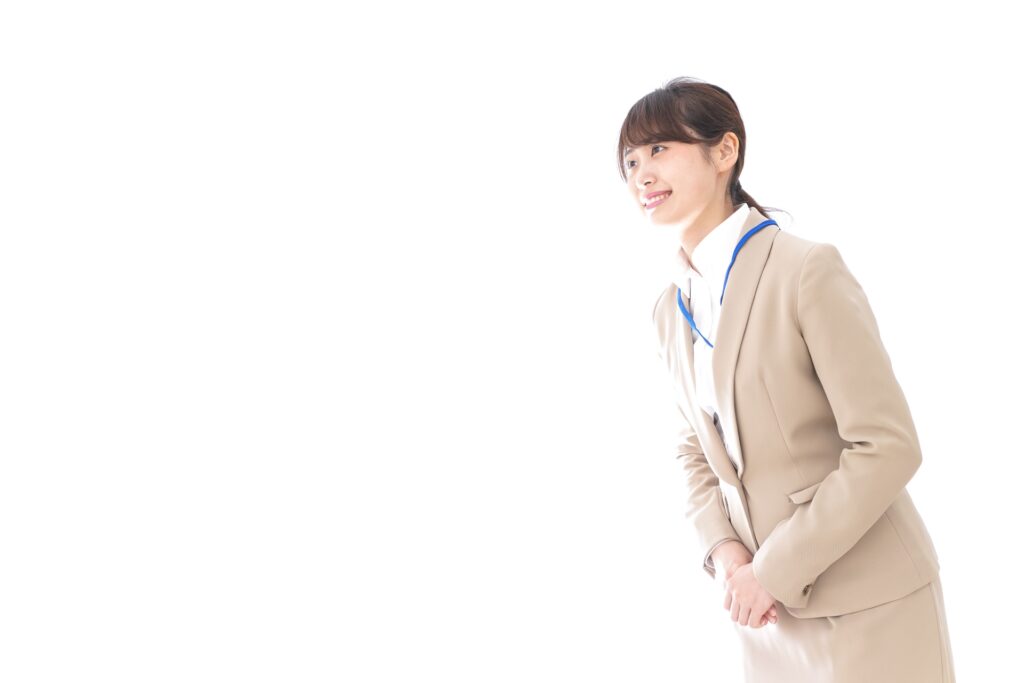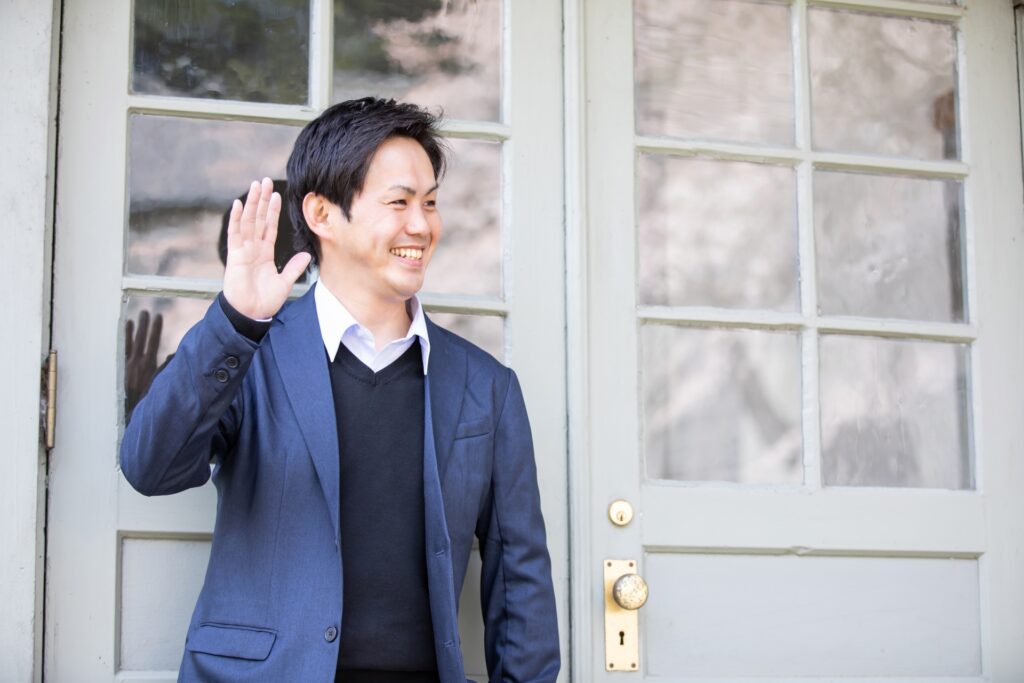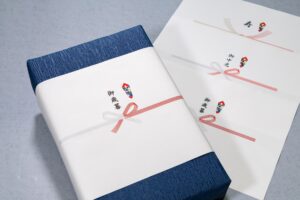“Otsukaresama” is one of the most frequently used expressions in Japanese workplaces, anime, and daily conversations—but it’s also one of the most culturally nuanced. Whether you’re a language learner, living in Japan, or just curious after hearing it in an anime, this guide will break down what it really means, when to use it, and what to say in return. We’ll also cover common mistakes and the difference between “otsukaresama” and similar expressions like “gokurousama.”
What Does “Otsukaresama” Mean?
The Japanese phrase “Otsukaresama” (お疲れ様) literally translates to “you must be tired,” but its real meaning goes far beyond a comment on physical fatigue. At its core, it’s a cultural expression of appreciation for someone’s effort, acknowledging the mental or physical work they’ve done. It reflects empathy, camaraderie, and social harmony—values deeply embedded in Japanese culture.
In formal contexts, you’ll often hear the extended version “Otsukaresama desu” (お疲れ様です), used as a polite acknowledgment of someone’s contributions. It’s commonly said at the end of a workday, after meetings, or when a task is completed. In casual settings, especially among friends, coworkers, or classmates, it may soften into a warm, even joking, expression like “Otsukare!”
Ultimately, “Otsukaresama” serves as a social glue. It lets people feel seen and appreciated, reinforcing mutual respect and team cohesion.
When and How to Use “Otsukaresama” in Daily Life

In the Workplace
In Japanese workplaces, “Otsukaresama desu” is nearly ubiquitous. Coworkers say it when passing each other in the hallway, after finishing group work, or at the end of the day. It’s a mark of professionalism, signaling respect for others’ time and effort.
Juniors use it toward seniors as a form of politeness, and seniors use it to foster rapport with juniors. However, caution is required: using it too casually with someone in a much higher position can be considered rude or presumptive. For example, a junior employee should avoid saying “Otsukaresama” flippantly to a department head.
Instead, when in doubt, stick to “Otsukaresama desu” in a neutral tone. When leaving the office, it’s customary to say “Otsukaresama deshita” (past tense, slightly more respectful). Responses can be mirrored back or even just met with a smile and nod.
Among Friends and Family
Outside the office, “Otsukaresama” takes on a more relaxed tone. Friends might use it after a group hangout, helping each other move, or finishing a shared activity. It’s often shortened to “Otsukare,” and can even sound playful, like saying, “Hey, you survived that!”
In family settings, it’s a way to show everyday appreciation. For example, after a parent returns from work or a student finishes studying, saying “Otsukaresama” reflects emotional support and mutual recognition.
In these situations, it may carry a warm, empathetic tone rather than formal acknowledgment.
Proper Responses to “Otsukaresama”
When someone says “Otsukaresama,” the most natural response is simply to repeat it: “Otsukaresama desu.” This reciprocal use reinforces mutual respect. In more casual settings, a simple “Otsukare!” with a smile is perfectly fine.
Here are a few examples:
- Coworker A: お疲れ様です。(Otsukaresama desu.)
Coworker B: お疲れ様です。(Otsukaresama desu.) - Friend: お疲れー。(Otsukare~)
You: おつかれー。(Otsukare~)
Non-verbal responses are also acceptable, especially when passing someone briefly—a smile, nod, or wave can suffice depending on the relationship.
Differences Between “Otsukaresama” and Similar Phrases

| Expression | Literal Meaning | When to Use | Politeness Level |
| お疲れ様です | Thank you for your effort | Workplaces, daily life | Polite |
| ご苦労様です | You’ve worked hard | From superior to subordinate only | Less polite/formal |
| お先に失礼します | Excuse me for leaving first | When leaving the office/work early | Neutral/Standard |
Understanding these distinctions helps avoid faux pas, especially in hierarchical environments. For instance, “Gokurousama desu” should not be said to your boss—it’s reserved for people working under you.
Mistakes to Avoid When Using “Otsukaresama”

- Saying it mid-task: Using “Otsukaresama” before someone finishes their work can be confusing or even rude. It implies the task is done when it’s not.
- Using it toward higher-ups too casually: Avoid dropping “Otsukare” with a senior unless you have a very close, casual relationship. Use “Otsukaresama desu” or “Otsukaresama deshita” instead.
- Misusing it in the wrong setting: For example, it’s not typical to say “Otsukaresama” after a meal—instead, say “Gochisousama deshita.”
Correct usage respects the speaker’s intent, the listener’s status, and the cultural context.
How to Translate “Otsukaresama” into English
There is no perfect one-to-one translation for “Otsukaresama,” but here are some context-sensitive approximations:
- Work Email Sign-Off: “Thanks for all your hard work.”
- End of Day Chat: “Good job today!” or “Take it easy.”
- Casual Friend Chat: “You crushed it!” or “Nice work.”
English lacks the built-in relational nuance of “Otsukaresama,” so translation must focus more on intent than literal wording. Tone, familiarity, and cultural expectations all influence the best translation choice.
“Otsukaresama” in Anime, Drama, and Chat Apps
In anime and J-dramas, “Otsukaresama” often appears at the end of scenes involving teamwork, school clubs, or part-time jobs. It reflects emotional bonding or wraps up a narrative moment.
For instance:
- In “Shirobako,” a production assistant says it to the team after pulling an all-nighter.
- In “Haikyuu!!,” teammates exchange it after practice.
In modern communication apps like Slack or LINE, it’s used casually:
- Slack: “お疲れ様です!Today’s release went smoothly.”
- LINE: “お疲ー。Let’s grab drinks sometime.”
You might see stickers or emojis (like 👋 or ☕) accompanying the message for extra tone. Just like in spoken contexts, its use depends on your relationship and the setting.
Summary: Mastering “Otsukaresama” for Real-World Japanese Communication
Mastering “Otsukaresama” is about more than just understanding its translation. It’s a key phrase in expressing respect, gratitude, and social harmony in Japanese.
- It shows appreciation for others’ effort in both formal and casual situations.
- Usage varies depending on hierarchy, relationship, and timing.
- There are no perfect English equivalents, but understanding the context helps convey the sentiment.
Whether you’re working in Japan, chatting with Japanese friends, or watching anime, practicing “Otsukaresama” in context will help you communicate more naturally and respectfully.
Tip: Print or download a cheat sheet of use-cases and responses for quick reference as you navigate Japanese work culture!











